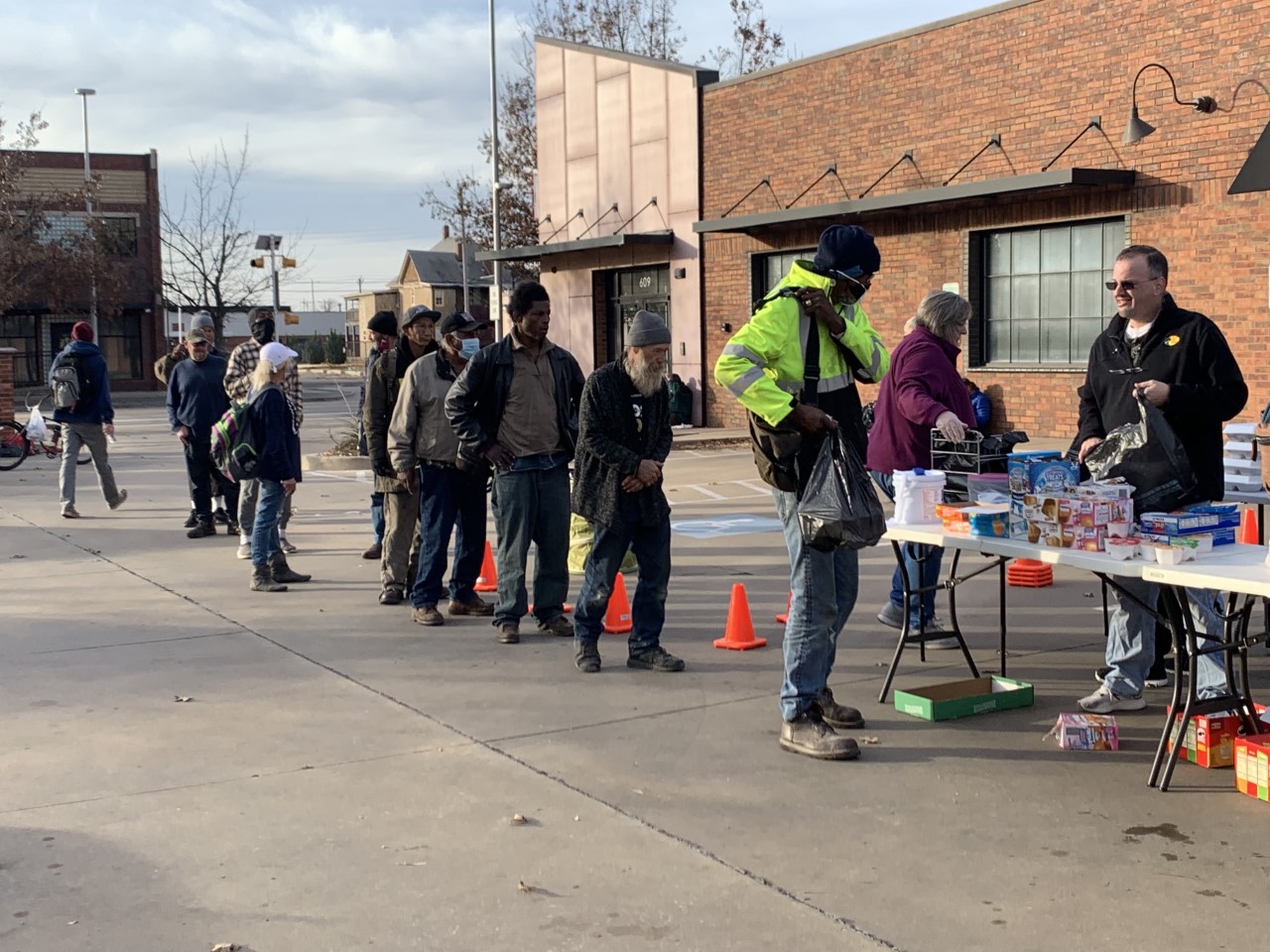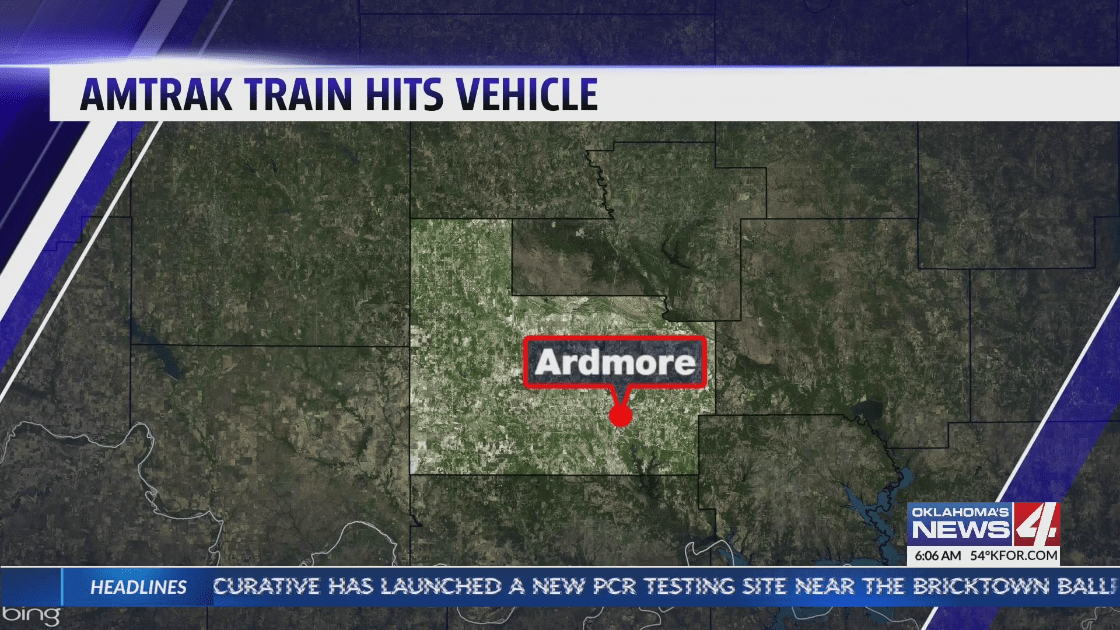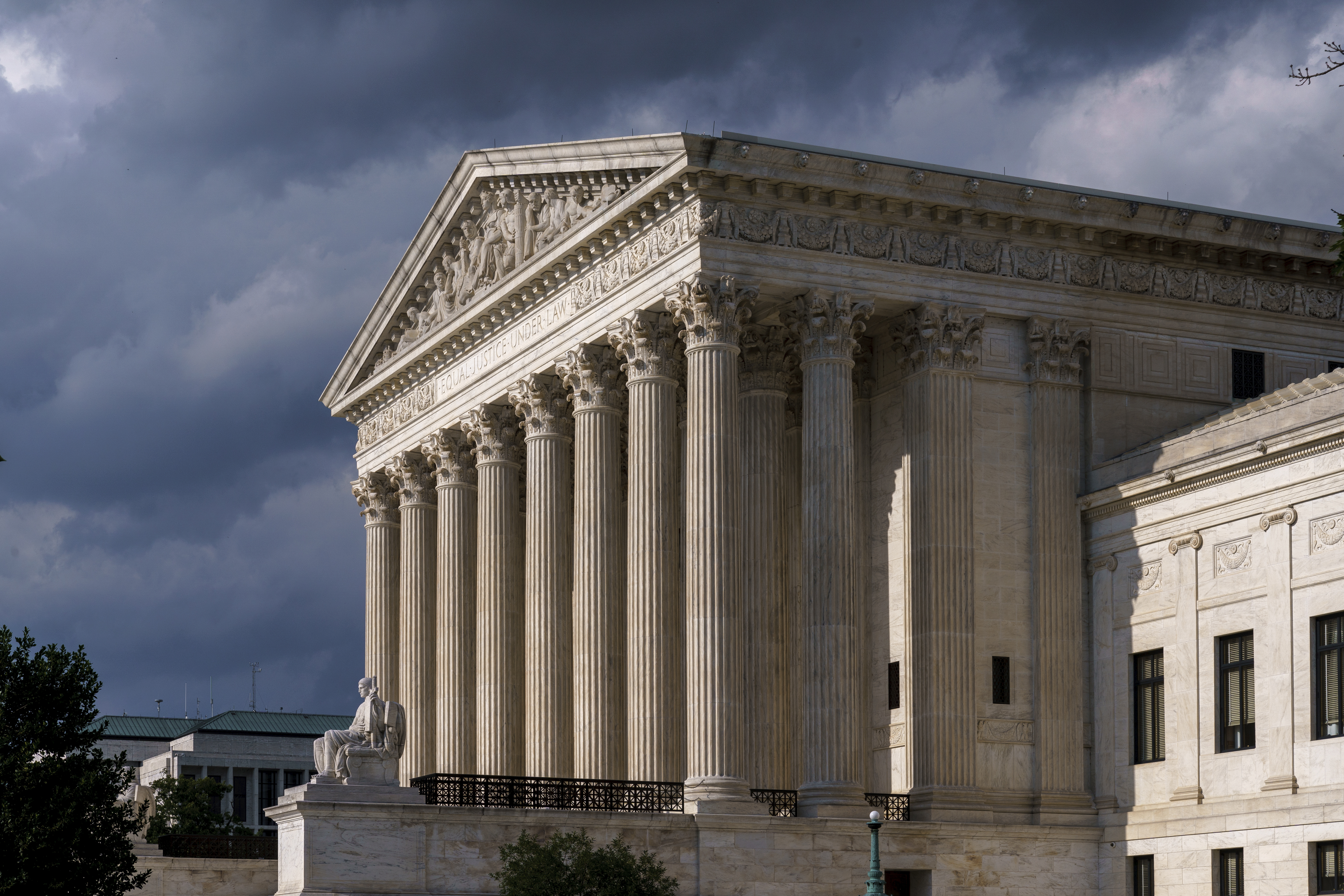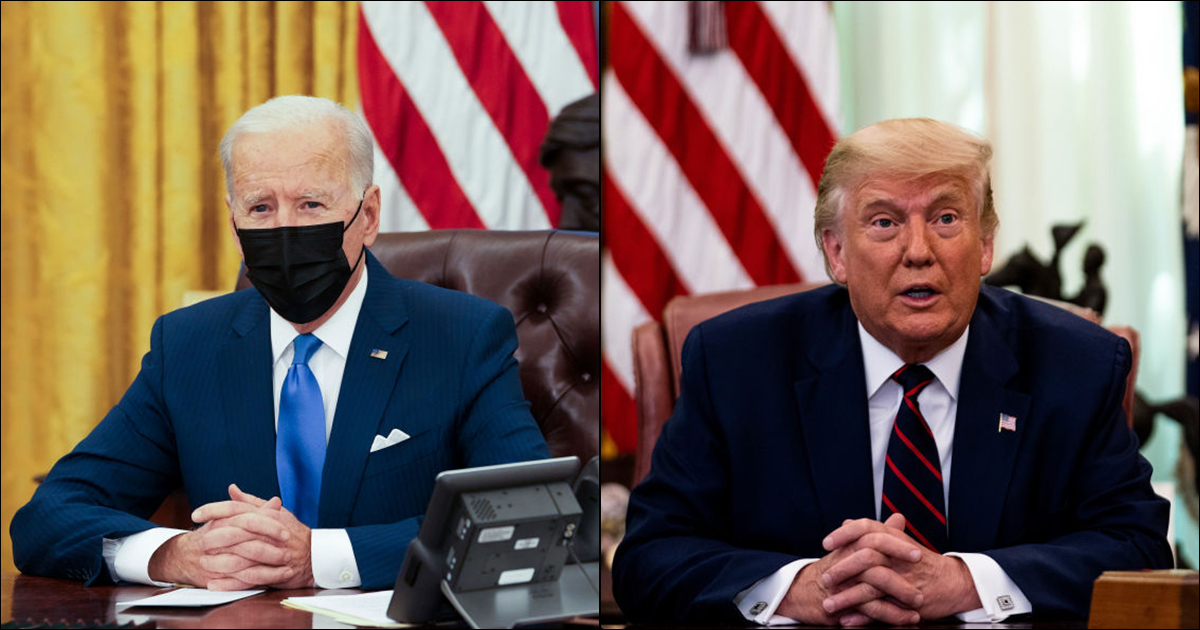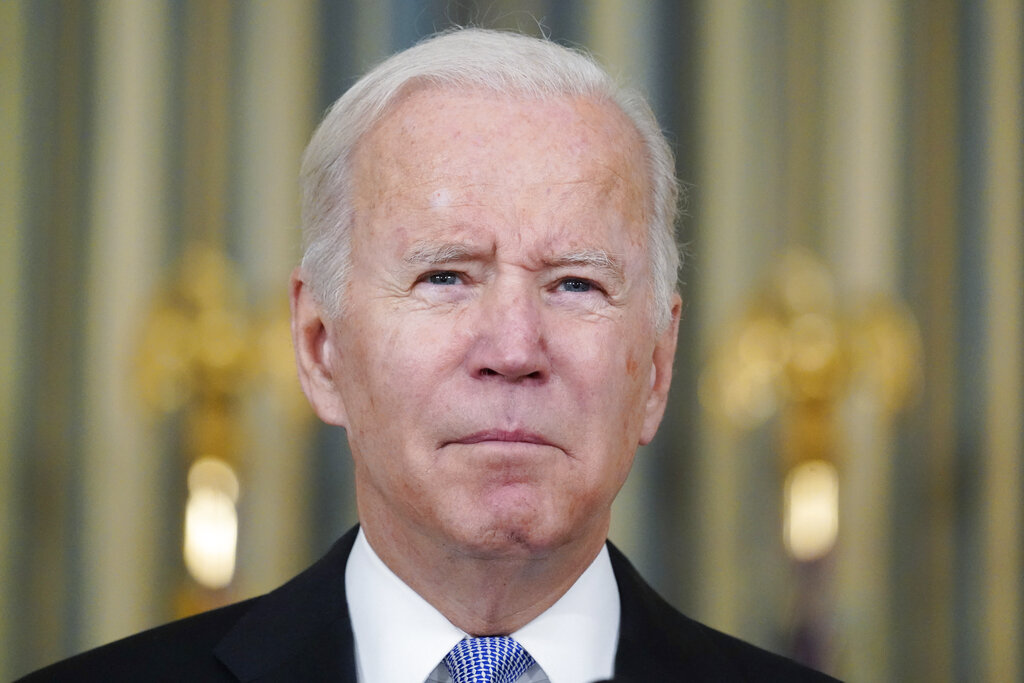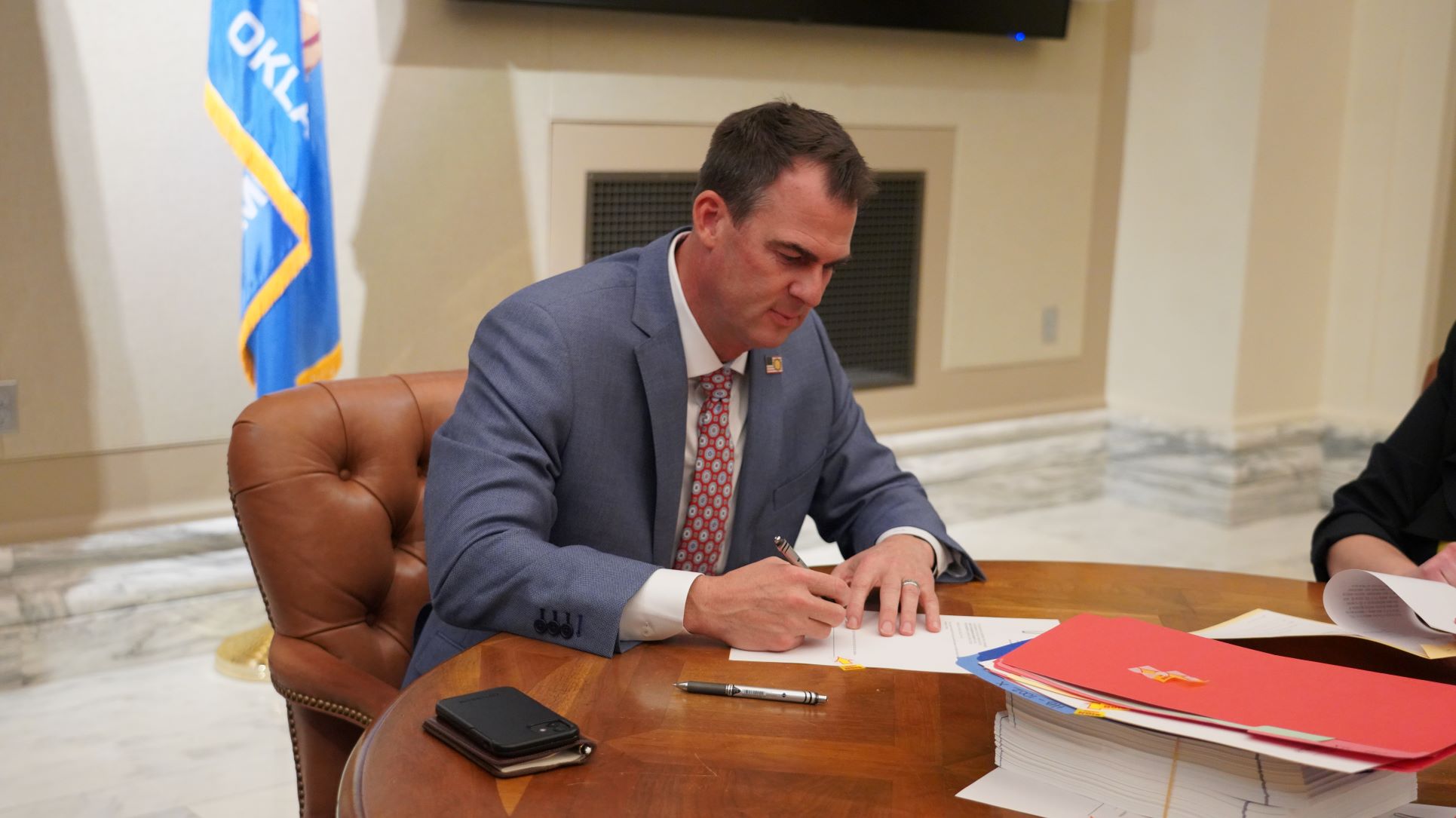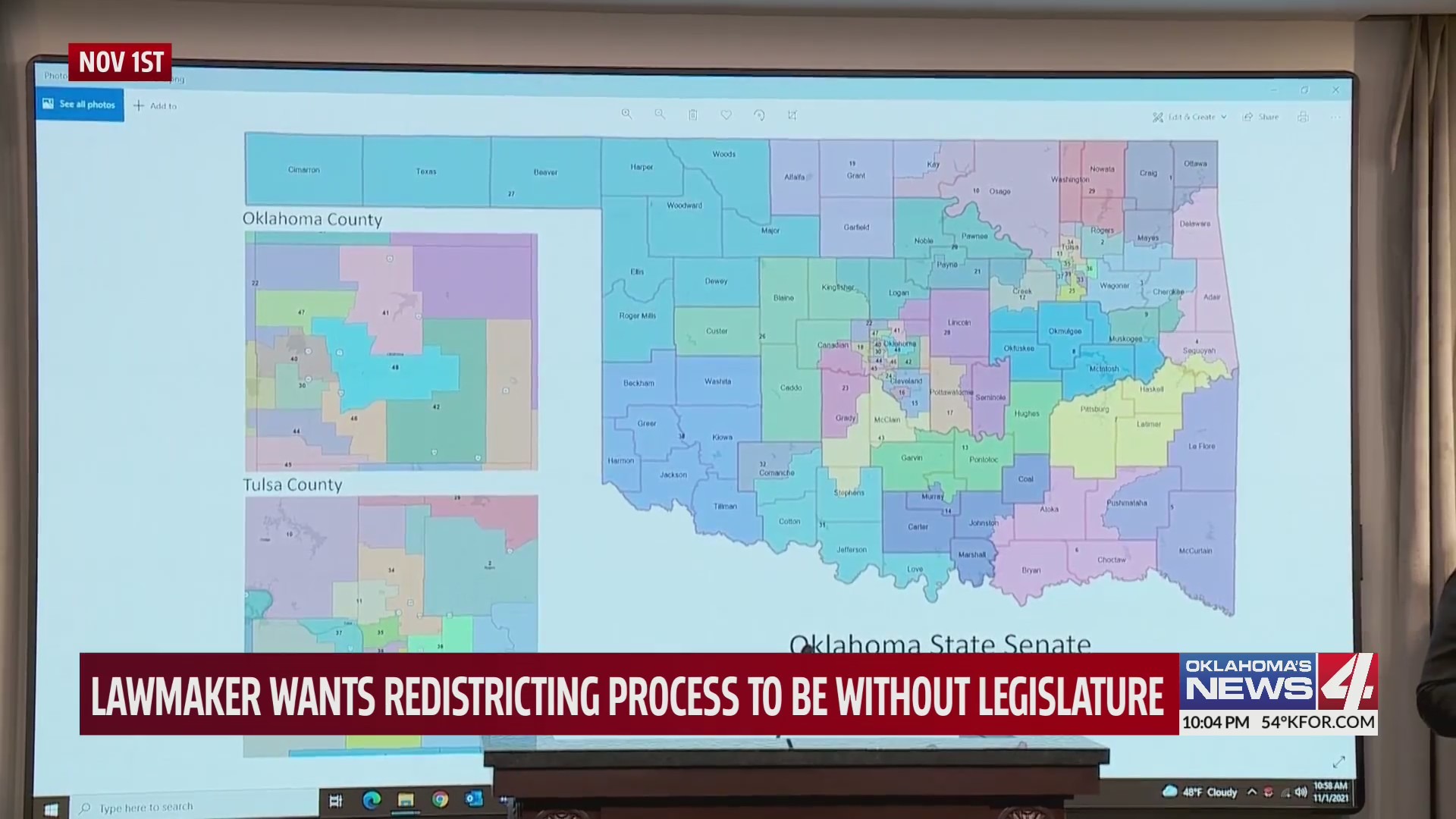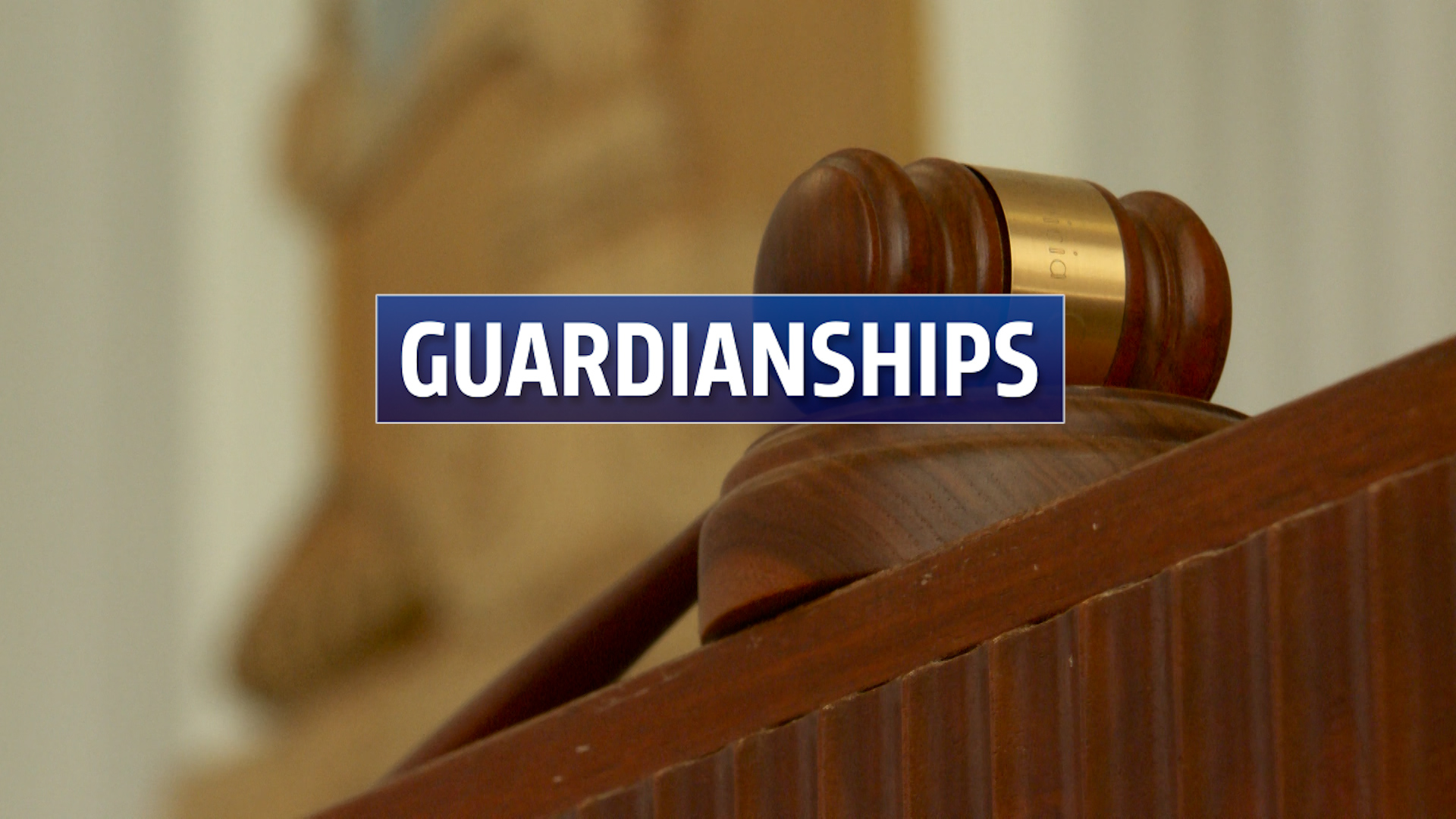OTTAWA COUNTY, Okla. (KFOR) – The Oklahoma Court of Criminal Appeals upheld the dismissal of a charge against a man suspected of a child sex crime in Ottawa County, saying the case must be tried in federal court, a decision that prompted Gov. Kevin Stitt to once again criticize the McGirt ruling.
The Court of Appeals upheld the Ottawa County District Court’s ruling that the State of Oklahoma could not bring charges against Jeremy Lawhorn because he is an Indian accused of a crime in Indian Country, in this case, the Quapaw Nation Reservation.
The State charged Lawhorn with one count of lewd or indecent acts with a child under 16.
The courts’ decisions are in keeping with the U.S. Supreme Court’s McGirt v. Oklahoma ruling.
Stitt responded to the Court of Appeals’ decision with sharp criticism of the McGirt ruling, which he’s spoken against before. Stitt issued the following statement:
“The Supreme Court’s McGirt ruling continues to tear Oklahoma apart. Today the Court of Criminals Appeals found that for purposes of federal criminal law, a portion of Ottawa County no longer falls under the jurisdiction of the state of Oklahoma. This is the sixth new jurisdiction in our state. Oklahoma is literally being torn into pieces.
One of the most basic functions of a state in the United States of America is the ability to enforce the rule of law and keep the public safe. If we cannot do that, we do not have a state. Oklahoma has lost much of that ability in the eastern half of our state, and as of today, that now includes another portion of Ottawa County.
As I have said from the beginning, McGirt not only creates a public safety nightmare, but threatens the sovereignty of our state to its core. Oklahoma is being cobbled up piece by piece. This cannot stand.”
GOV. KEVIN STITT
The U.S. Supreme Court ruled on July 9, 2020, that Oklahoma prosecutors lack authority to pursue criminal cases against American Indian defendants in parts of Eastern Oklahoma that include most of Tulsa, the state’s second-largest city. The high court decided that the Muscogee (Creek) reservation was never disestablished.

Lawhorn filed a motion to dismiss the charge against him, saying the state did not have jurisdiction over the case because he is an Indian and the alleged crime occurred within the historic boundaries of the Quapaw Nation Reservation, which would be part of Indian Country.
“The sole issue for review is whether the Quapaw Nation Reservation is Indian Country. Because the answer is yes, we reaffirm the district court’s order for the reasons discussed below,” Court of Criminal Appeals Presiding Judge Scott Rowland said in his ruling.
The District Court agreed with Lawhorn’s attorneys that two treaties – the 1833 Treaty with the Quapaw and the 1867 Treaty with the Seneca, Mixed Seneca and Shawnee, Quapaw, etc. – established a Quapaw Reservation.
“The district court accepted the stipulation and concluded, without any opposition from the State, that the land set aside for the 3 Quapaw Nation in the 1833 Treaty, as reaffirmed and modified by the 1867 Treaty, established a Quapaw Reservation. This finding is consistent with McGirt, and we adopt the district court’s conclusion that Congress established a Quapaw Nation Reservation in the 1800s,” Rowland said in the ruling.
A treaty was established through the U.S. Congress in which the Quapaws were removed from one part of the country to another where they were promised certain lands, Rowland said.
The treaties proved to be a crucial factor in the District Court’s ruling and Court of Criminal Appeals’ upholding of that ruling, as shown in the below portion of Rowland’s ruling:
“The District Attorney informed the district court that he and the Attorney General’s Office conducted ‘extensive research’ and found no evidence that Congress disestablished the Quapaw Nation Reservation. Noting that the State of Oklahoma presented no evidence to show Congress erased or disestablished the boundaries of the Quapaw Reservation, and citing McGirt, the district court concluded that the Quapaw Nation Reservation remains in existence and is Indian Country and that the State had no jurisdiction in this matter. This finding is supported by the record and we adopt it.
For these reasons, we hold, for purposes of federal criminal law, the land upon which the parties agree Lawhorn allegedly committed this crime is within the Quapaw Nation Reservation and is Indian Country. The ruling in McGirt governs this case and requires us to find the State of Oklahoma is without jurisdiction to prosecute Lawhorn.”
JUDGE SCOTT ROWLAND
Vice-Presiding Judge Robert Hudson said Lawhorn must be prosecuted in federal court, which has exclusive jurisdiction over the crime he is accused of committing.
KFOR News reached out to the Quapaw Nation for a response but has not yet heard back.


























